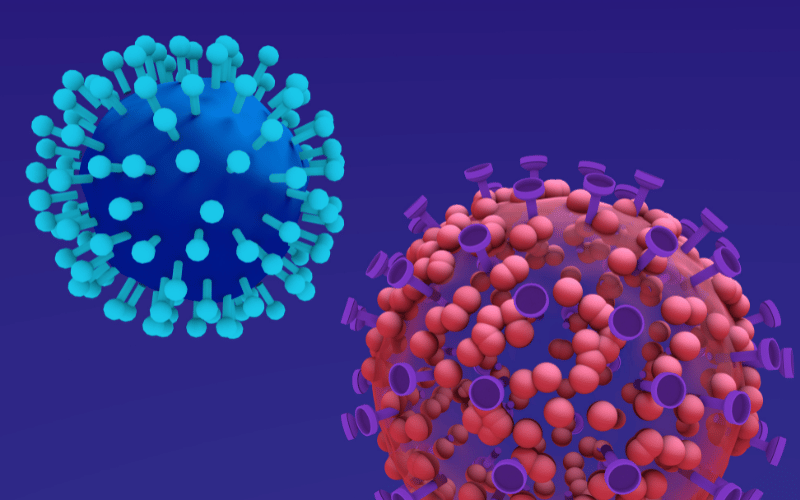Cause 9: Viral Infections and Hodgkin’s Lymphoma

Infections, particularly certain viral ones, can play a crucial role in increasing an individual’s risk of developing Hodgkin’s Lymphoma. Two such viruses are Epstein-Barr virus and Human Immunodeficiency Virus. Let’s delve into how these infections may boost Hodgkin’s Lymphoma risk.
The Epstein-Barr virus (EBV), the virus responsible for mononucleosis, or “mono,” is linked to several types of cancer, including Hodgkin’s Lymphoma. While the vast majority of people infected with EBV will never develop Hodgkin’s Lymphoma, the risk is significantly higher in those who have had mononucleosis.
The Human Immunodeficiency Virus (HIV) is another infection that can raise the risk of Hodgkin’s Lymphoma. HIV weakens the immune system, making the body more susceptible to various infections and cancers. People living with HIV are significantly more likely to develop Hodgkin’s Lymphoma than the general population.
Both EBV and HIV cause prolonged stimulation of the immune system. This persistent activation could potentially lead to the uncontrolled growth of lymphocytes, which, in turn, might develop into Hodgkin’s Lymphoma. While most people with these infections will not develop Hodgkin’s Lymphoma, the link underlines the importance of robust immune function in preventing this disease.
Certain viral infections like Epstein-Barr Virus and Human Immunodeficiency Virus can indirectly increase the risk of Hodgkin’s Lymphoma by weakening the immune system. By understanding this connection, we can better comprehend the complex causes of Hodgkin’s Lymphoma and work towards more effective prevention strategies. (9)